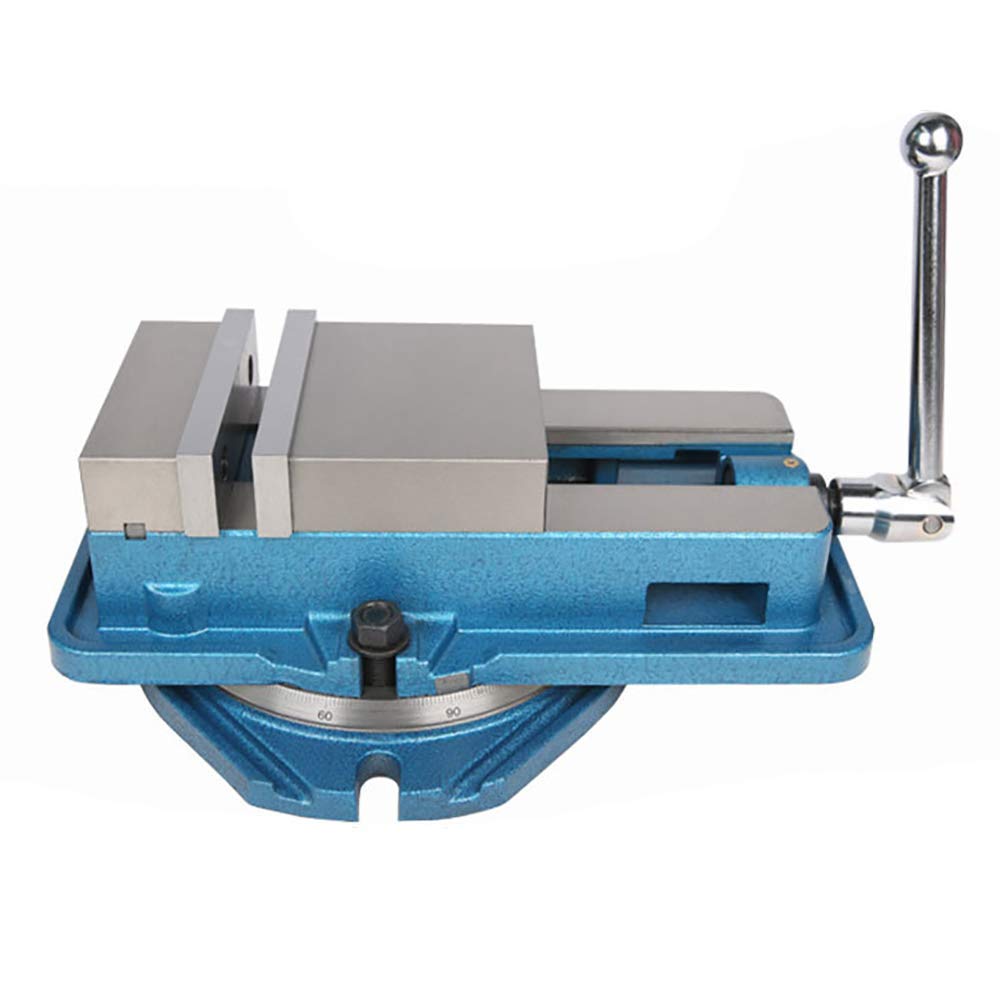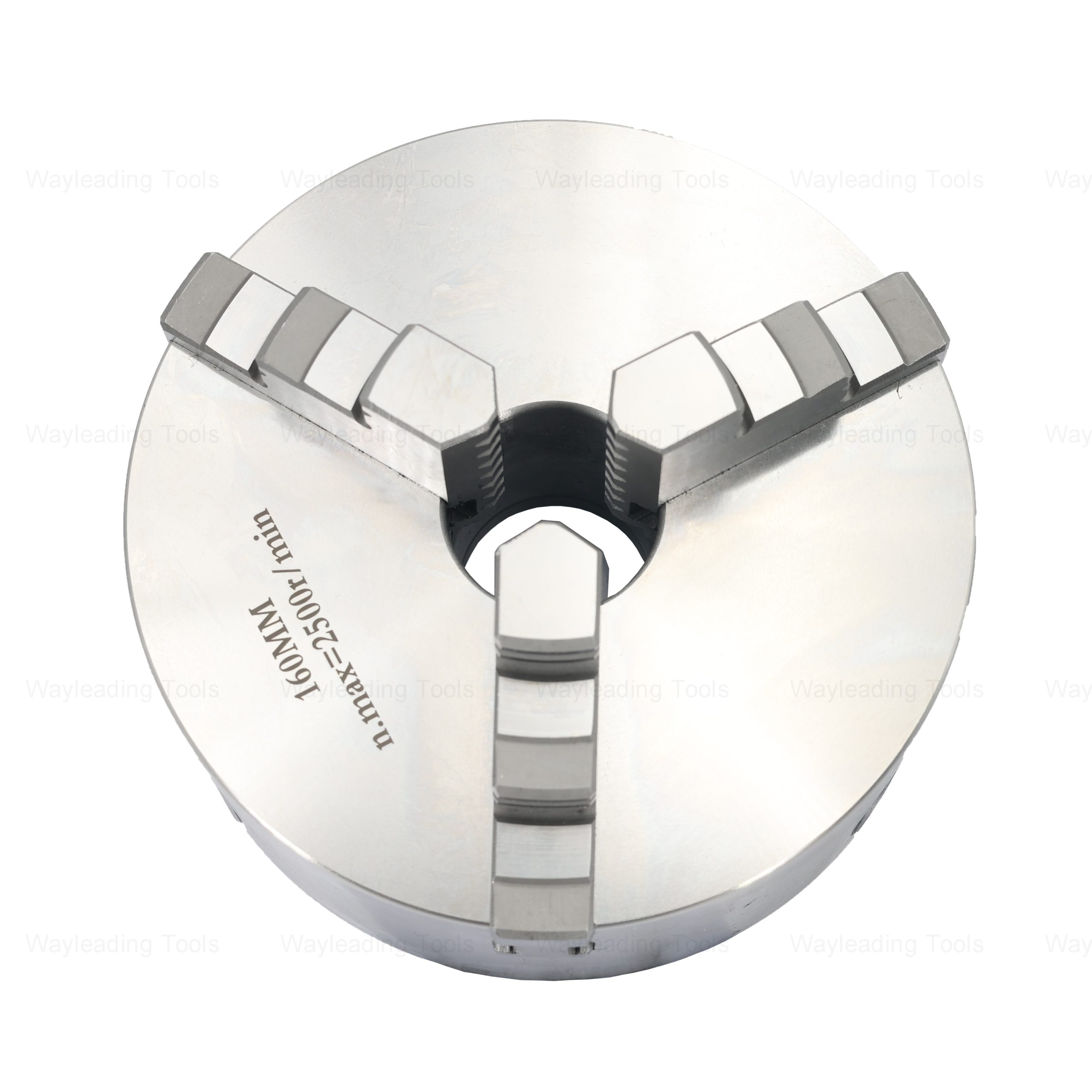90 degree indexable end mills Supplier
Choosing the right 90 degree indexable end mills supplier involves considering factors like the types of materials they can handle, the precision of their tools, the range of sizes available, and their overall reputation for quality and customer service. A good supplier should offer a variety of inserts, coatings, and geometries to suit different machining needs and provide technical support to help you select the best tool for the job.
Understanding 90 Degree Indexable End Mills
90 degree indexable end mills are essential tools in metalworking and machining, designed for creating precise right-angle shoulders and edges. Their indexable nature means that when one cutting edge becomes dull or damaged, the insert can be rotated or replaced, extending the tool's lifespan and reducing downtime. This guide explores the key considerations when choosing a supplier.
What are Indexable End Mills?
Indexable end mills utilize replaceable cutting inserts, typically made of carbide or other hard materials. These inserts are held in place by screws or clamps, allowing for quick and easy replacement. The 90 degree configuration refers to the angle between the cutting edge and the tool axis, making them ideal for square shoulder milling.
Advantages of Using 90 Degree Indexable End Mills
- Cost-Effectiveness: Replaceable inserts reduce the need to replace the entire tool.
- Improved Performance: Different insert geometries and coatings can be used for various materials and applications.
- Reduced Downtime: Quick insert changes minimize machine downtime.
- Versatility: Suitable for a wide range of materials, including steel, stainless steel, aluminum, and cast iron.
Key Factors to Consider When Choosing a Supplier
Material Compatibility
The best 90 degree indexable end mills supplier should offer tools and inserts compatible with the materials you commonly machine. Different materials require different insert geometries, coatings, and cutting parameters. Suppliers like Wayleading Tools provide detailed specifications on material compatibility for their products.
Insert Geometries and Coatings
Insert geometry refers to the shape of the cutting edge. Common geometries include square, round, and chamfered. Coatings enhance the tool's wear resistance, heat resistance, and lubricity. Popular coatings include:
- Titanium Nitride (TiN): General-purpose coating for increased wear resistance.
- Titanium Carbonitride (TiCN): Higher hardness and abrasion resistance than TiN.
- Aluminum Titanium Nitride (AlTiN): Excellent heat resistance for high-speed machining.
Tool Size and Range
Ensure the supplier offers a range of tool sizes and shank diameters to fit your machine and application requirements. This includes considering the cutting diameter, length of cut, and overall tool length.
Precision and Quality
The precision of the 90 degree indexable end mill directly affects the accuracy and surface finish of the machined part. Look for suppliers who adhere to strict quality control standards and use high-quality materials. Check for certifications like ISO 9001.
Reputation and Experience
Choose a supplier with a proven track record of providing reliable tools and excellent customer service. Read reviews, check online forums, and ask for referrals from other machinists.
Technical Support and Expertise
A reputable supplier should offer technical support to help you select the right tool, optimize cutting parameters, and troubleshoot any issues. This support can include application engineers, online resources, and training programs.
Top 90 Degree Indexable End Mills Suppliers
While many suppliers exist, below are important factors, one should consider when assessing a potential supplier of these end mills.
Supplier A (Hypothetical Example)
Supplier A specializes in high-precision tooling for the aerospace industry. They offer a wide range of 90 degree indexable end mills with advanced coatings and geometries optimized for machining titanium and other difficult-to-cut materials. Their tools are known for their exceptional accuracy and long tool life. They also provide excellent technical support and application engineering services.
Supplier B (Hypothetical Example)
Supplier B focuses on providing cost-effective tooling solutions for general machining applications. They offer a comprehensive range of 90 degree indexable end mills in various sizes and insert grades. Their tools are a good choice for shops that require reliable performance at a competitive price. They provide online resources and phone support to assist customers.
Choosing the Right Inserts
Carbide Inserts
Carbide inserts are the most common type of insert used in 90 degree indexable end mills. They offer a good balance of hardness, toughness, and wear resistance. Different grades of carbide are available, each with specific properties tailored to different materials and applications.
Ceramic Inserts
Ceramic inserts offer excellent heat resistance and are suitable for high-speed machining of hardened steels and other difficult-to-cut materials. However, they are more brittle than carbide inserts and require careful handling.
Cermet Inserts
Cermet inserts combine the properties of ceramics and metals, offering a good balance of wear resistance, heat resistance, and toughness. They are often used for finishing operations and machining stainless steel and other exotic alloys.
Tips for Optimizing Performance
Proper Clamping
Ensure the workpiece is securely clamped to prevent vibration and chatter, which can damage the tool and reduce surface finish quality.
Selecting Cutting Parameters
Use appropriate cutting parameters (speed, feed, depth of cut) based on the material being machined, the tool geometry, and the machine capabilities. Refer to the supplier's recommendations for optimal cutting parameters.
Coolant Application
Use coolant to dissipate heat and lubricate the cutting edge. Proper coolant application can significantly extend tool life and improve surface finish quality.
Regular Inspection
Regularly inspect the 90 degree indexable end mill and inserts for wear or damage. Replace inserts as needed to maintain optimal performance.
Conclusion
Selecting the right 90 degree indexable end mills supplier is crucial for achieving efficient and accurate machining operations. By considering factors such as material compatibility, insert geometries, tool size, precision, reputation, and technical support, you can find a supplier that meets your specific needs and helps you optimize your machining processes. Don't hesitate to contact suppliers, request samples, and test their tools before making a final decision. Remember to check out reputable suppliers like Wayleading Tools for your tooling requirements.
Related products
Related products
Best selling products
Best selling products-
 Deburring Tool Holder For The Deburring Tool Blades
Deburring Tool Holder For The Deburring Tool Blades -
 Precision Digital Caliper Of With Metric & Inch Size For Industrial
Precision Digital Caliper Of With Metric & Inch Size For Industrial -
 Depth Vernier Gauge With Stainless Steel And Monoblock Depth Type
Depth Vernier Gauge With Stainless Steel And Monoblock Depth Type -
 SCFC Indexable Boring Bar
SCFC Indexable Boring Bar -
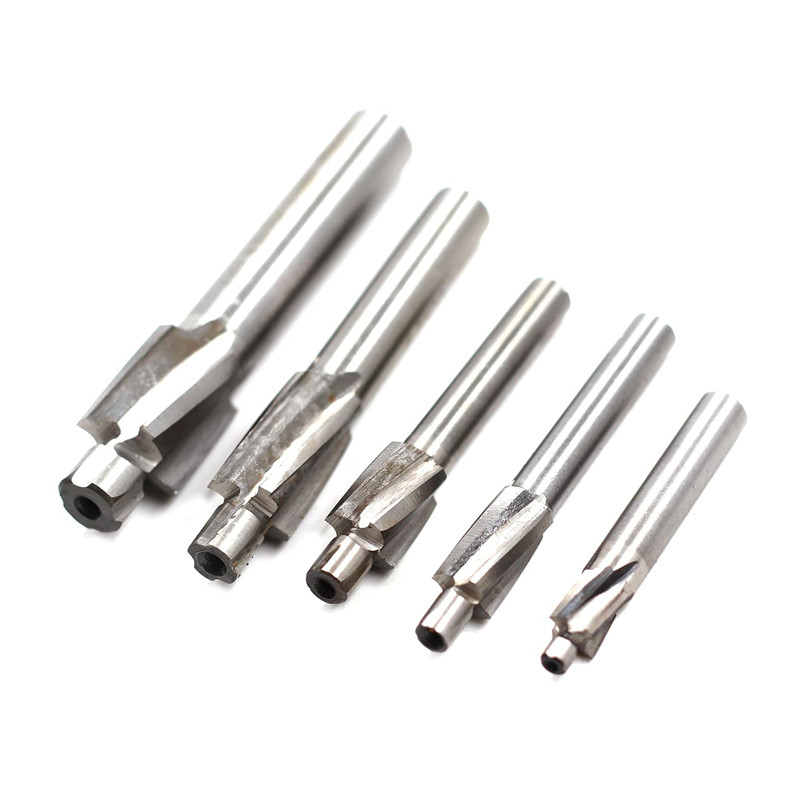 3 Flutes HSS Counterbore Drill Bit With Metric And Inch Size
3 Flutes HSS Counterbore Drill Bit With Metric And Inch Size -
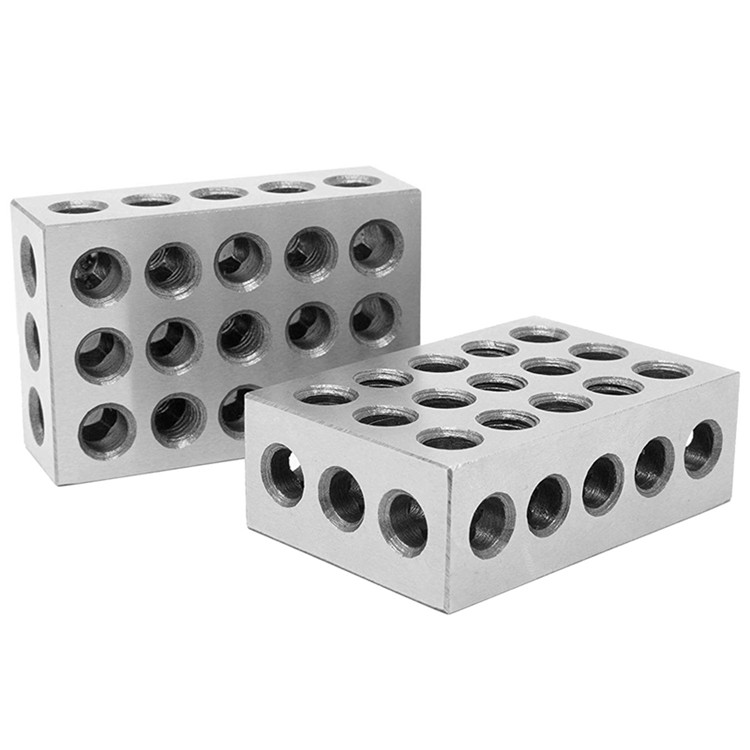 Precision 1-2-3, 2-3-4 or 2-4-6 Block With 1 And 11 And 23 Or None Hole
Precision 1-2-3, 2-3-4 or 2-4-6 Block With 1 And 11 And 23 Or None Hole -
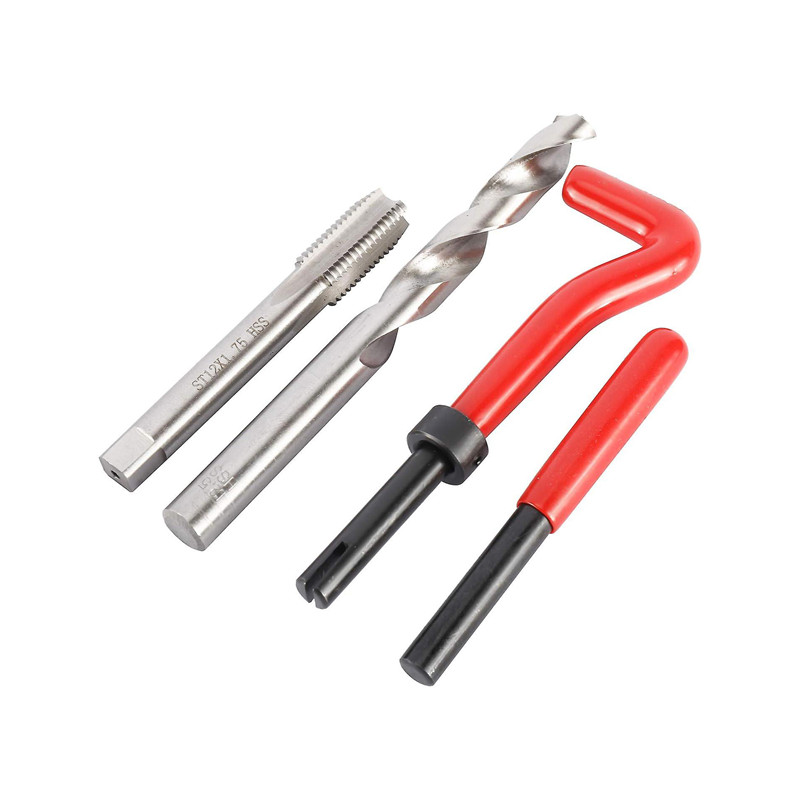 131PCS Thread Repair Set And Helicoil Type Thread Repair Set
131PCS Thread Repair Set And Helicoil Type Thread Repair Set -
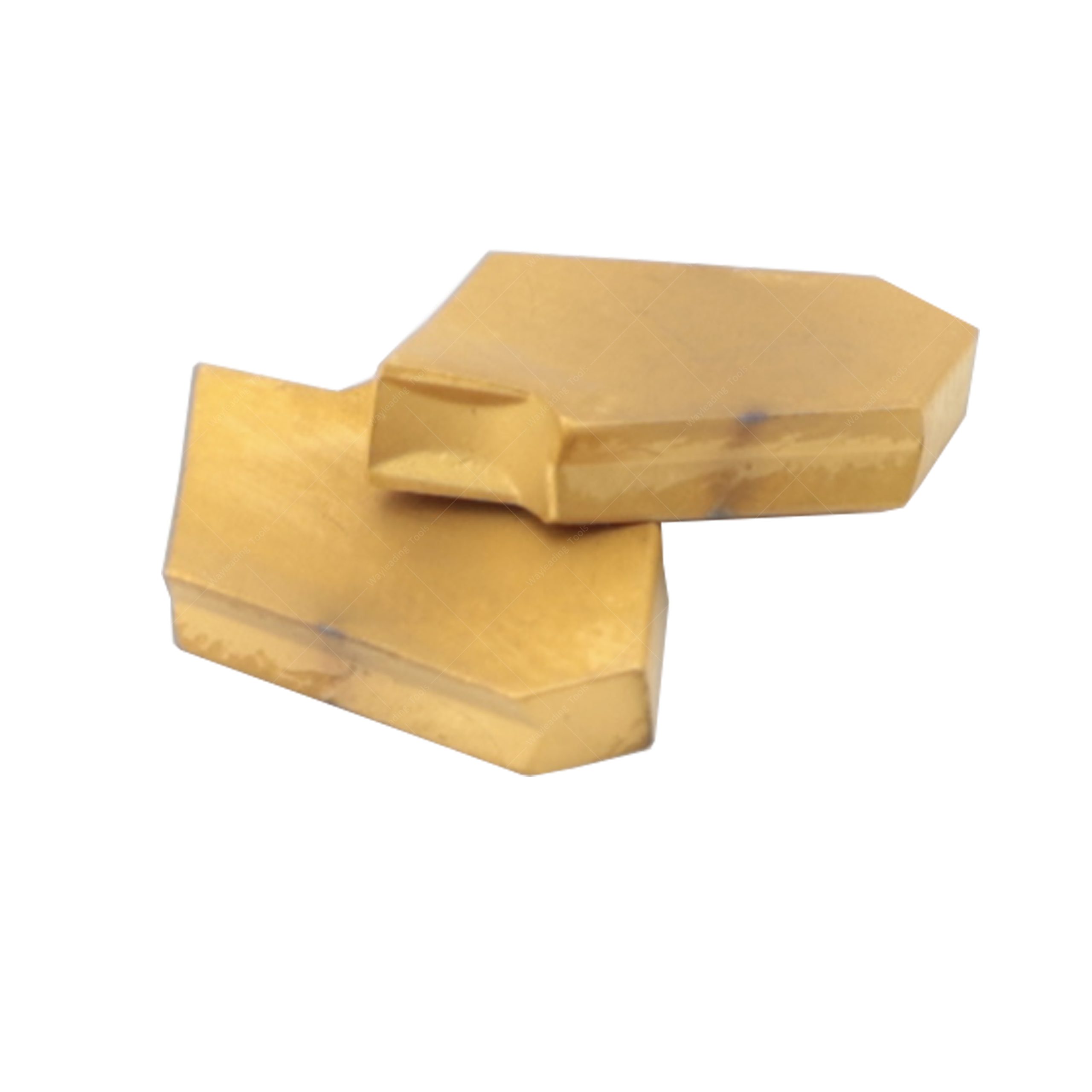 GTN Parting & Grooving Insert For NCIH Blade
GTN Parting & Grooving Insert For NCIH Blade -
 Auto Self Reversible Tapping Chuck In Drill Machine
Auto Self Reversible Tapping Chuck In Drill Machine -
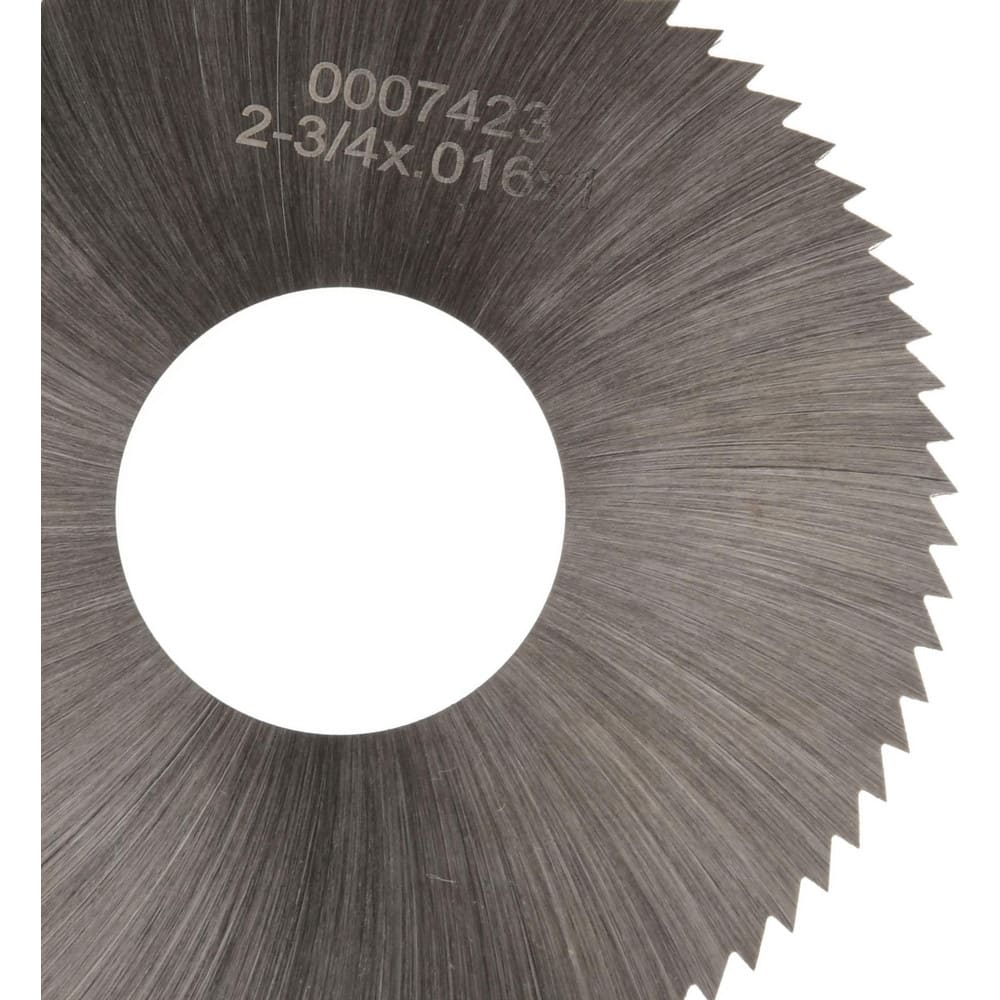 HSS Inch Plain Metal Slitting Saws For Industrial
HSS Inch Plain Metal Slitting Saws For Industrial -
 R8 Hex Collet With Inch and Metric Size
R8 Hex Collet With Inch and Metric Size -
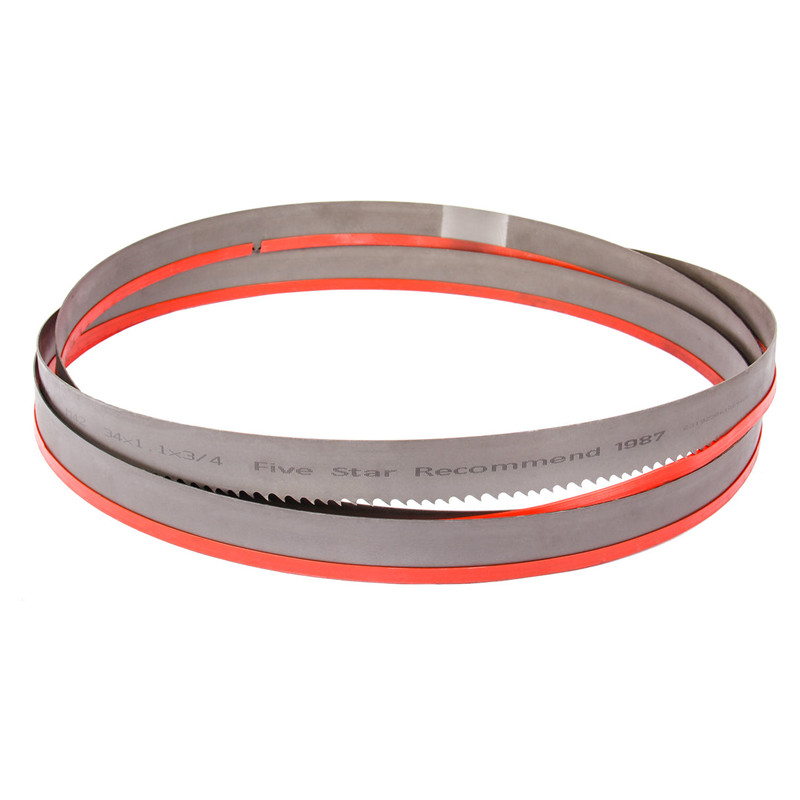 M51 Bi-Metal Bandsaw Blades For Industrial Type
M51 Bi-Metal Bandsaw Blades For Industrial Type



